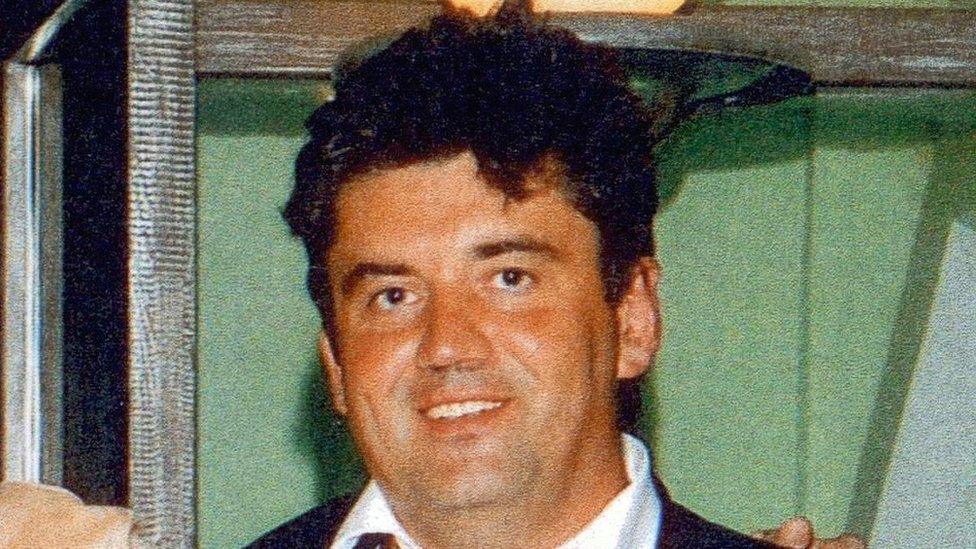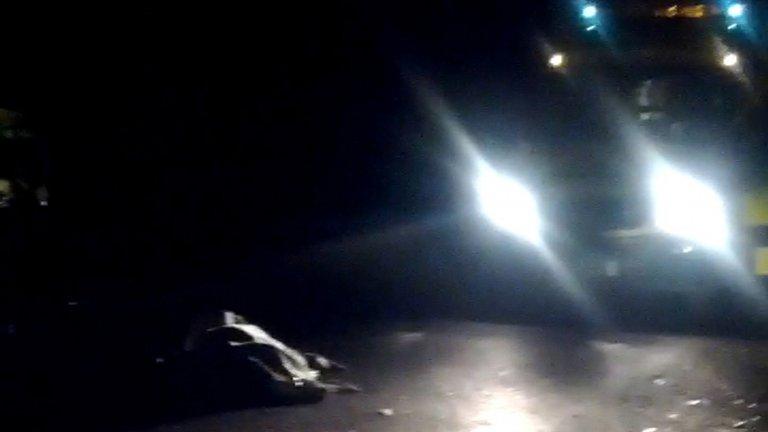Alexander Perepilichny: FSB 'may have been involved' in death
- Published

Alexander Perepilichny was a businessman who was helping an investigation into Russian tax fraud
The Russian state security service may have been involved in the death of a whistleblower in the UK three years ago, an inquest has heard.
Alexander Perepilichny, 44, died after collapsing while running near his Surrey home in November 2012.
His death was originally attributed to natural causes but traces of a chemical that can be found in a poisonous plant were later found in his stomach.
Mr Perepilichny had been helping an investigation into Russian tax fraud.
Lawyers for financial firm Hermitage Capital Management, which had been leading the investigation, told a pre-inquest hearing that Russia's FSB internal security service may have been involved in the death of the businessman at his Weybridge home.
The firm alleged that Mr Perepilichny could have been killed for helping it uncover a money-laundering operation involving Russian officials.
'Open to reprisals'
Geoffrey Robertson QC, representing the company, told the hearing in Woking: "A Russian dies in Britain, that is not relevant. If that Russian dies by an obscure poison known only by the FSB, that is relevant.
"The FSB is the core element of Russian government that was involved in the [Alexander] Litvinenko case and may well be involved in this case. It is a secret service that Hermitage has upset and (has) left itself open to reprisals.
"At this stage there is very strong circumstantial evidence that he [Mr Perepilichny] was murdered because of the assistance he was giving to Hermitage."
Mr Robertson suggested delaying the inquest until after the public inquiry into Mr Litvinenko's death by radioactive poisoning was completed. Mr Litvinenko was a former Russian spy who died after drinking tea laced with polonium in London in 2006.
Mr Perepilichny's family have said there is no evidence to suggest he was deliberately killed.
Ian Helme, representing his widow and children, said the inquest process was already "taking its toll" and a proposal to widen the scope to include UK deaths of other prominent Russians was "of real concern".
The hearing also heard that scientific tests to ascertain what was in Mr Perepilichny's stomach by a Kew Gardens specialist, ordered earlier this year, have yet to be completed.
The traces of a chemical found in his stomach can be found in the poisonous plant Gelsemium elegans.
A further pre-inquest hearing will take place in November, with the full inquest likely to start in February at the earliest.
- Published16 March 2013
